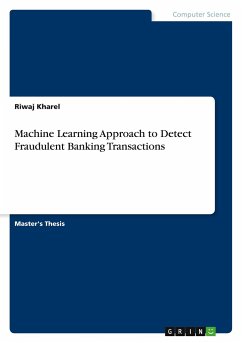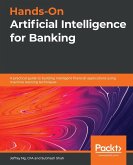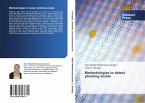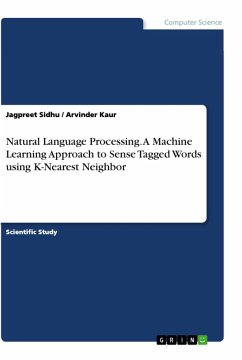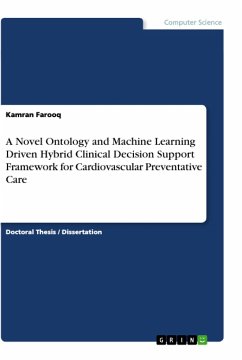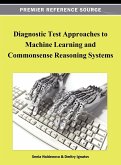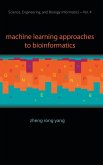Master's Thesis from the year 2022 in the subject Computer Sciences - Artificial Intelligence, grade: 3, University of Applied Sciences Berlin, course: Project management and Data Science, language: English, abstract: The study investigates whether a machine learning algorithm can be used to detect fraud attempts and how a fraud management system based on machine learning might work. For fraud detection, most institutions rely on rule-based systems with manual evaluation. Until recently, these systems had been performing admirably. However, as fraudsters become more sophisticated, traditional systems' outcomes are becoming inconsistent. Fraud usually comprises many methods that are used repeatedly that's why looking for patterns is a common emphasis for fraud detection. Data analysts can, for example, avoid insurance fraud by developing algorithms that recognize trends and abnormalities. AI techniques used to detect fraud include Data mining classifies, groups, and segments data to search through millions of transactions to find patterns and detect fraud. The scientific paper discusses machine learning methods to detect fraud detection with a case study and analysis of Kaggle datasets.
Hinweis: Dieser Artikel kann nur an eine deutsche Lieferadresse ausgeliefert werden.
Hinweis: Dieser Artikel kann nur an eine deutsche Lieferadresse ausgeliefert werden.

